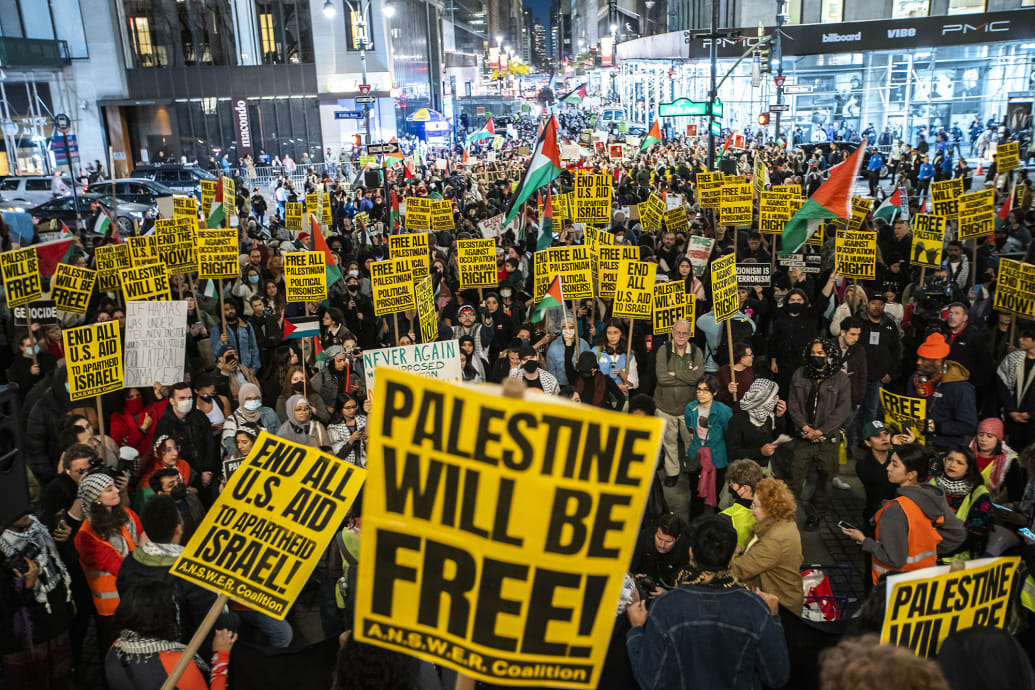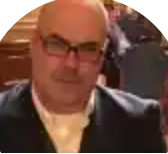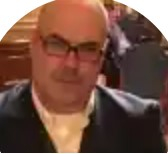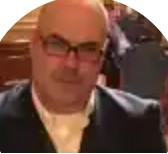I’ve practiced , a case that sent two socialists to jail for months for the “crime” of trying to convince young men to resist the draft. It is also not even an accurate retelling of that aside, which spoke only of “falsely” yelling fire in a crowded theater. At any rate, there are plenty of reasons one might have for yelling “Fire!” in the first place.
Holmes also later disclaimed Schenck and admitted that he had been “simply ignorant.” He, along with Justice Louis Brandeis, began penning dissents in support of free speech. And, it was those dissents—what we now call the “Great Dissents”—that define the reaches of the First Amendment today. As Holmes wrote in one, “when men have realized that time has upset many fighting faiths, they may come to believe… that the ultimate good desired is better reached by free trade in ideas.”
Nor does the newspaper characterizing Ms. Aziz’s statements as an incitement to violence change the calculus. Ms. Aziz’s statements are not an incitement to violence as that term is understood at law. That test requires that the speech be “directed to inciting or producing imminent lawless action,” and “is likely to incite or produce such action.”
This is a remarkably high bar, the most speech-protective principle in the world. We should be proud of that distinction.
Ms. Aziz’s comments also are not transformed into incitement merely because they inflame others or inflict severe emotional harm on them. Were that the case, anyone’s offense (however deep and earnest) at another’s speech would be grounds to shut down speech we don’t like.
But in this country we reject that idea. As the Supreme Court wrote, “A function of free speech under our system of government is to invite dispute. It may indeed best serve its high purpose when it induces a condition of unrest, creates dissatisfaction with conditions as they are, or even stirs people to anger.”
Relatedly, the newspaper suggests that Ms. Aziz’s speech is not free speech because it is “hate speech” that is not “peaceable.” But once again, characterizing speech as something nefarious sounding does not render it unprotected.
In fact, “hate speech” is protected by the First Amendment. We don’t protect hate speech because we think it adds much (if anything at all) to the marketplace of ideas that Holmes wrote about. We protect it, as I said earlier, because we don’t have a choice.
Again, history holds the lesson. In the 1970s, the village of Skokie, Illinois —home to a large number of Holocaust survivors—went to court to get an injunction preventing the local Nazi party from holding a march downtown. David Goldberger, an ACLU lawyer, came to the Nazis defense and convinced the Supreme Court to stay the injunction.
Goldberger, who is Jewish, later wrote of his decision to take the case on behalf of the Nazi party: “the power to censor Nazis includes the power to censor protesters of all stripes.” In Skokie’s war on the Nazis, Goldberger saw echoes of “efforts of Southern segregationist communities to enjoin civil rights marches led by Martin Luther King during the 1960s.”
Tolerating what one might view as hate speech also serves other fundamental roles. It guards against incubated violence. Silenced speakers do not disappear. They are just pushed underground where, under more and more pressure, they might burst out into the public not with speech but violence.
As Salman Rushdie—a writer forced to live in hiding for years and who barely survived an assassination attempt by an individual that was convinced that one of Rushdie’s books constituted an act of violence on his religion—recently warned to an audience at the National Constitution Center, tolerance (not approval) of hate speech prevents the “glamor of taboo” that accompanies the criminalization of speech and ideas.
It was Hitler, Mchangama reminds us, that used attempts to silence him as “fodder for fruitful propaganda” that included posters depicting him muzzled “as a martyr unfairly singled out.”
And, finally, permitting “hate speech” serves a baser human function. As Holocaust survivors thankful for Mr. Goldberger’s defense of the Nazis’ right to march in Skokie told him, “they did not want the Nazis driven underground by speech-repressive laws… They wanted to be able to see their enemies in plain sight so they would know who they were.”
Argue against Ms. Aziz’s ideas and others like them on the merits if you disagree with them, if you find them loathsome. But don’t argue that she or others with whom you disagree have no right to express their ideas in the first place. That is a dangerous and un-American path.










